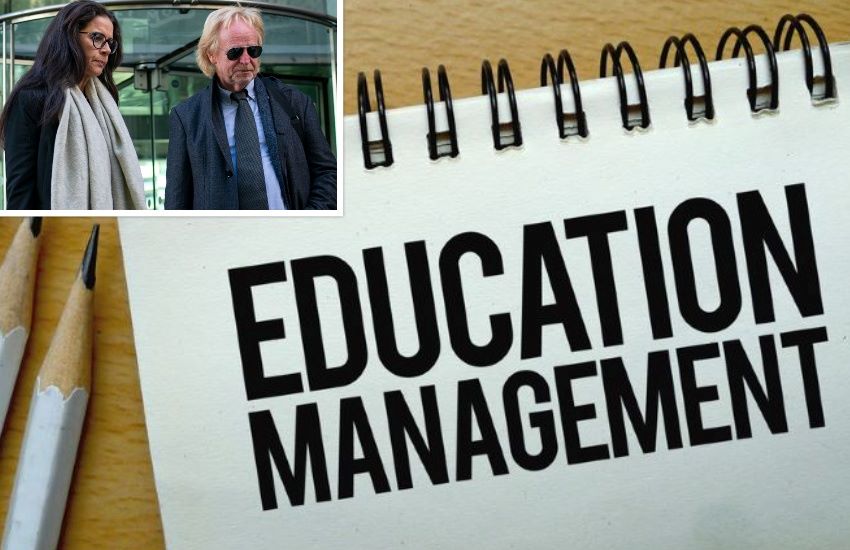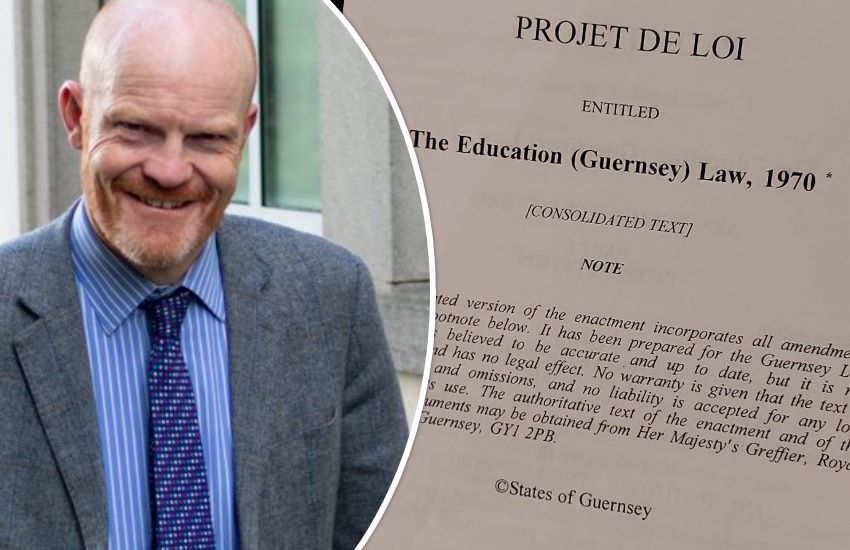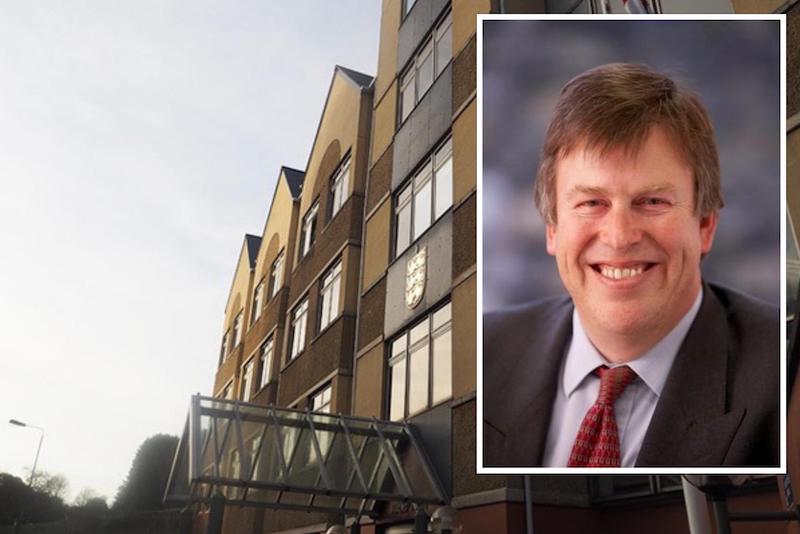


The Committee for Education, Sport & Culture has given the clearest indication yet that schools and The Guernsey Institute may not get more independence from government – known as ‘local management of schools’ – for years to come.
Replying to questions at the most recent States' meeting, the Committee’s President, Deputy Andrea Dudley-Owen, declined to commit to establishing any form of ‘local management of schools’ during the current States’ term.
A decade ago, the States appointed Denis Mulkerrin, a former headteacher and government advisor on education, to review services locally. He recommended that many responsibilities undertaken by the Committee or the Education Office should be decentralised to school governors or headteachers. Mr Mulkerrin said it was impossible for the Committee and the Education Office to govern nearly 20 schools and colleges across the island.
Since then, successive States’ Assemblies and Education Committees have seen decentralisation or devolution as a way of strengthening accountability and improving performance.
But Deputy Dudley-Owen told the States that her Committee was still considering “whether centralised services – for a population of 60,000 people – is going to work better in our context”.
She said the Committee would continue to act as governors of all States’ schools and The Guernsey Institute on an interim basis. She said the Committee recognised the need for change but was not convinced by ‘local management of schools’.

Pictured: The President of the Committee for Education, Sport & Culture, Deputy Andrea Dudley-Owen, pictured with her Vice-President, Deputy Bob Murray, says her Committee sees the need to change how schools are governed and managed but has concerns about how the concept of 'local management of schools' would work in the Bailiwick.
“It has long been political rhetoric that we need devolved governance in Guernsey because that is the thing that is going to make our education system better,” said Deputy Dudley-Owen. “But it must be about making the experience of every single child in our schools in every single classroom better.
“Is that going to be readily effected by moving human resources from a centralised States’ function as it currently is into each school so that each school has to have a human resources manager. Each school has to have a suite of employment regulations and they all have an individual who sits on the board of governors who is an expert in human resources. We’re not sure about that type of thing.
“But that’s one of the complex areas we have to really pick into. It has not been done to date. And that is a big issue – a big problem. We need to look into them and bring those detailed proposals to the States and decide whether centralised services for Guernsey – for a population of 60,000 people – is going to work better in our context rather than looking at a UK governance model such as local management of schools, which fits the UK context but may not necessarily work well here.”
Deputy Gavin St. Pier asked Deputy Dudley-Owen whether her Committee intended to devolve any responsibilities to schools and colleges by the end of the current States’ term in mid-2025.
“I can’t give a date exactly as to when a board of governors would be appointed to sit in between the Committee and the school settings,” said Deputy Dudley-Owen. “But I would hope that certainly by that stage to have an extremely good and detailed view of how this is going to work.
“In the months ahead, we are continuing our training to ensure we have the tools to do the job of school governors well. But we know that is not a sustainable position and our long-term aim, informed by our on-the-job training, is to propose to the Assembly, as part of a package of proposals relating to a new Education Law, a governance model that creates governing bodies to sit between those settings and the Committee.”

Pictured: The governance of schools and the 1970 Education Law are closely linked. Deputy Gavin St. Pier is sceptical there will be any meaningful change to governance given that the States are not prioritising replacement of the 1970 Law.
After hearing the replies to his questions, Deputy St Pier said: "I was not particularly surprised by the Committee's responses.
“If they retain a commitment to devolving governance, it is counterintuitive for them to begin training to act as governors which, frankly, they simply will not have the time to discharge effectively for The Guernsey Institute as well as every school on the island.
“The timeline for any change remains unclear. If, as stated, it is driven by the implementation of any new Education Law, the Government Work Plan does not envisage that happening until after the general election in 2025."
The Committee recently removed the shadow board of The Guernsey Institute, which was set up initially early in the 2012-16 States’ term and was meant to act as a precursor for extensive devolution of governance and leadership to The Guernsey Institute.

Pictured: Julian Winser chaired a shadow board of The Guernsey Institute which at one time envisaged taking on more responsibilities from the Committee for Education, Sport & Culture and the Education Office based at Sir Charles Frossard House. But the shadow board was disbanded recently.
“We’re seeking the views of members of that shadow board…about what they felt went right and what could have been done better in terms of governance to inform our thinking,” said Deputy Dudley-Owen.
“It’s unfortunate that so much time was put in by those individuals and it was not put to better use. There was a lack of strategic vision given to those individuals when they were appointed as the shadow board and we regret that greatly. That was under the previous Committee.
“[The shadow board] contributed an awful lot and were very dedicated and we came to a mutual understanding and agreement about them standing down and we want to remain on very good cordial terms with those individuals.”
Comments
Comments on this story express the views of the commentator only, not Bailiwick Publishing. We are unable to guarantee the accuracy of any of those comments.